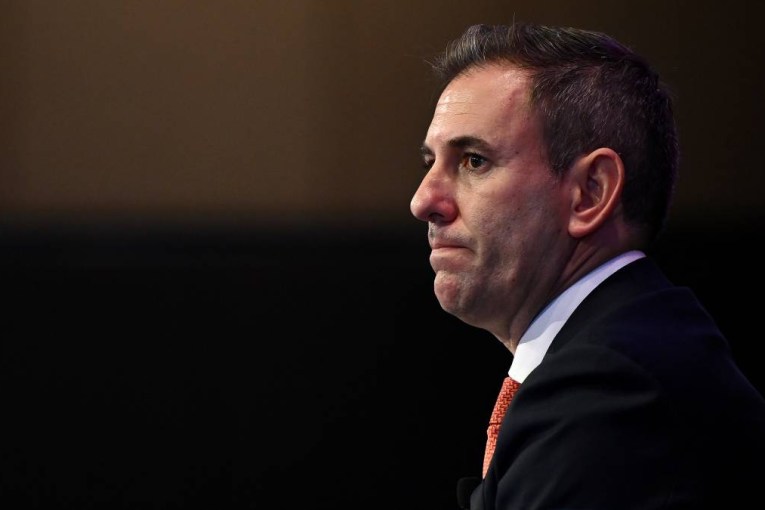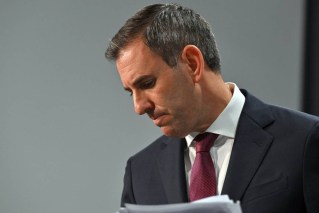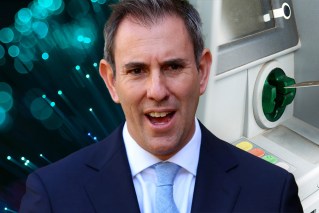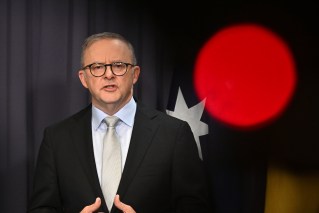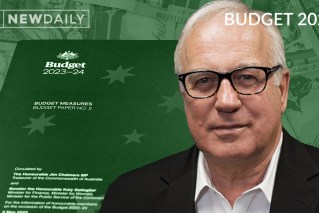Budget 2017: Government goes small on housing
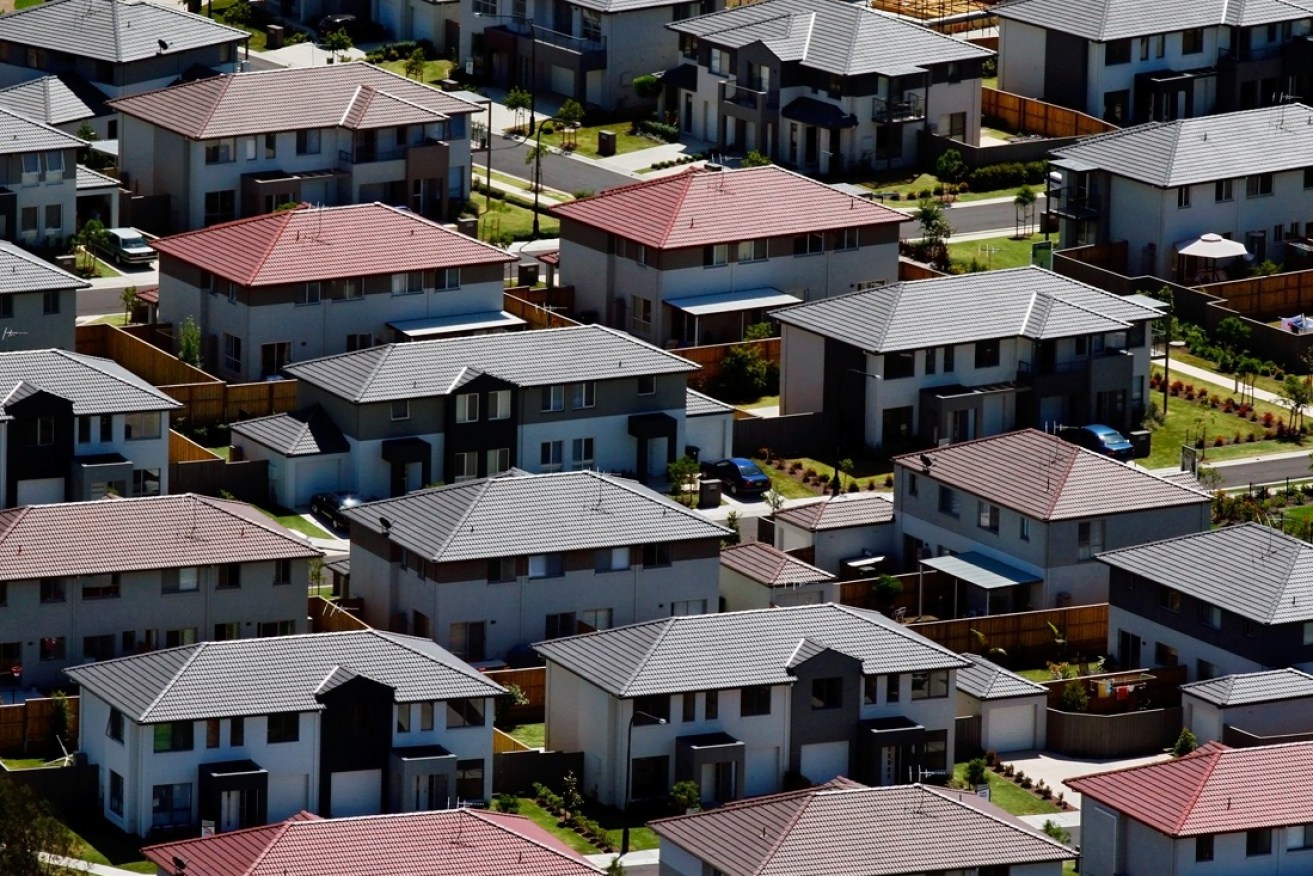
Older property owners and young buyers did well out of the budget. Photo: Getty
Treasurer Scott Morrison has decided against taking strong action on housing affordability, opting instead for a grab bag of measures that tinker with Australia’s housing crisis rather than tackle it head on.
After spending the end of last year talking about nothing else but housing affordability, the Treasurer told Australia on Tuesday night there were “no silver bullets” and said the government had opted for a “scalpel” not a “chainsaw” in order to avoid a housing shock.
The government has decided to bring back a version of Labor’s savings scheme. It will allow first home buyers to salary sacrifice up to $30,000 into their superannuation account, quarantined for a mortgage deposit, with a tax on contributions and earnings of only 15 per cent.
This is a replica, albeit less generous, of Labor’s first home saver accounts, abolished by Abbott in 2015. Under Labor’s scheme, the government made a 17 per cent contribution a year on the first $6000 you deposited each financial year; the interest earned was only taxed at 15 per cent; and the maximum balance was capped at $90,000.
As expected, and despite continued campaigning from the opposition, negative gearing and the capital gains discount escaped unscathed, in a move Mr Morrison said would support the supply of rental properties.
The only changes were a slight reduction in the array of deductible expenses for negative gearers (no more travel expenses or certain asset write-downs) and a ban on foreign property investors getting the full 50 per cent CGT discount when they sell.
To allay the anger in elsewhere in the electorate, the budget’s downsizing incentive will allow older homeowners to pump up to $300,000 into their super fund from the sale of their family home, without putting them at risk of exceeding the $1.6 million contributions cap.
Most of the other measures were also aimed at boosting supply, which the Coalition believes is the real problem. These budget measures included:
- A new National Housing and Homelessness Agreement with the states and a new National Housing Infrastructure Facility to boost supply;
- A national online land registry;
- More Commonwealth land for housing developments, starting with Maribyrnong in the Melbourne CBD
- A ‘bond aggregator’ that will lend money at cheaper rates to companies that build affordable rental housing
The long-awaited package is unlikely to quell the anger of young Australians who believe they’ve been locked out of the market by rapidly rising prices.
An ANU survey released last week found that one-fifth of Australians are struggling to meet mortgage or rent payments, with 2 per cent having fallen behind, and nearly 90 per cent were concerned that future generations would be unable to afford to buy a house.
A similar survey by CoreLogic, a property data firm, found that 87 per cent of non-home owners were concerned about affordability; 30 per cent were looking to inheritance or the ‘bank of mum and dad’ to help them buy.
More budget 2017 stories:
- All the winners and losers
- Scott Morrison’s spend and hope plan for Australia
- ScoMo turns left in his bid to fix the economy
- Quentin Dempster analyses the 2017 budget
- Morrison robs the banks, targets executives
The reason many young Australians are likely to be disappointed by the lack of real action on negative gearing and the capital gains tax discount is that the share of housing loans going to investors has risen from less than a fifth 25 years ago to almost 50 per cent in recent years (if you disregard refinancing).
On the advice of just about every economist in the country, the government chose not to allow super-for-housing – apart from putting the subsidised savings accounts inside super funds, rather than at the banks.
The opposition’s housing proposals go much further, including restricting negative gearing to new homes; halving the capital gains tax exemption for investors from 50 to 25 per cent; limits on direct borrowing from SMSFs; doubling the foreign investment application fee for residential purchases; as well as support for the government’s bond aggregator and tax on vacant properties.
– with Luke Henriques-Gomes
